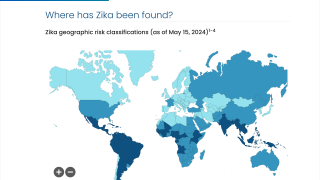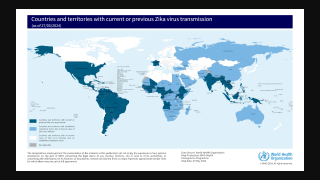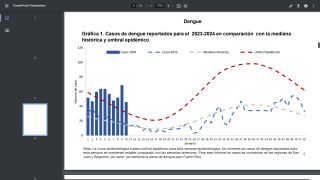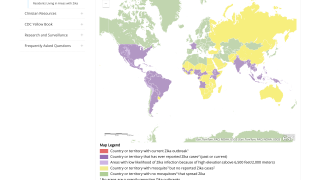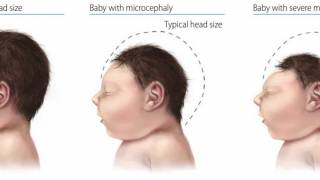Texas Reports 3 Additional Zika Cases

According to Texas health officials, the Zika virus remains a threat in the Rio Grande Valley.
The Texas Department of State Health Services (DSHS) announced 3 recent Zika cases in Hidalgo County.
This announcement includes one Zika case that appears to have been transmitted locally by mosquitoes.
As of the week ending December 1, 2017, forty-two (42) Zika cases have been reported in Texas for 2017, with 323 cases reported in aggregate for 2015 and 2016. Full data, for previous years, is available at TexasZika.org.
As of November 2017, 142 infants have been born in the USA with Zika related birth defects, reported to the Centers for Disease Control and Prevention (CDC) Zika Pregnancy Registry.
Residents of the Rio Grande Valley should remain on alert for Zika and take precautions even during the winter months because the weather often stays warm enough there for mosquito activity to continue.
Hidalgo County is one of nine counties in South Texas where DSHS recommends testing all pregnant women for Zika once during each trimester of pregnancy.
Since Zika IgM antibodies might be detected months after infection, the DHSH updated its advice in August 2017, to test pregnant women three times during pregnancy, rather than just two times.
“Routine testing provides important information to women about their pregnancies,” said DSHS Commissioner Dr. John Hellerstedt.
“It also increases the opportunity for public health to identify infections before Zika establishes itself in Texas, so we can respond quickly.”
A new rapid test that identifies Zika virus in blood samples during the acute phase of infection is described by a multinational group of researchers.
Consisting of a dipstick strip with antibodies that change color in the presence of a viral protein known as NS1, this immunochromatography test was developed at the Massachusetts Institute of Technology.
Additionally, DSHS says there are reports of Zika activity on the Mexican side of the Texas border.
The CDC recommends people living in or traveling to the southernmost areas of Texas continue to protect themselves from mosquito-borne illnesses, including the Zika virus.
The CDC recommends that pregnant women should not travel to areas with risk of Zika.
If a pregnant woman must travel to one of these areas, she should be counseled to strictly follow steps to avoid mosquito bites and prevent sexual transmission of Zika during and after the trip.
A recent study in Brazil reported that more miscarriages occurred when the Zika infection occurred in the first trimester of the pregnancy.
Dr. Benedito Fonseca, a professor of internal medicine at the School of Medicine of Ribeirão Preto in Sao Paulo, said, “That women who came down with Zika also appeared to be having miscarriages at a higher rate than normal but even that wasn't clear.”
The Pan American Health Organization's Zika alert generally includes Latin America, South America, the Caribbean, and some Pacific islands.
If you plan on international travel, the CDC Zika hot-zone map may provide updated information.
People everywhere can protect themselves from mosquito bites and the threat of Zika by taking a few simple steps:
- Apply EPA-registered insect repellents.
- Wear pants and long-sleeved shirts that cover exposed skin.
- Use screens or close windows and doors to keep mosquitoes out of your home.
- Remove standing water in and around your home.
- Cover trash cans or containers where water can collect.
For additional information, visit TexasZika.org.
Our Trust Standards: Medical Advisory Committee




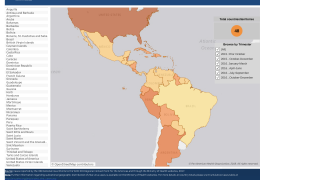
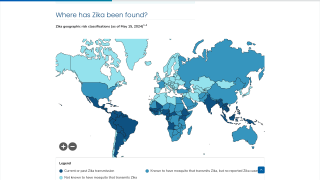
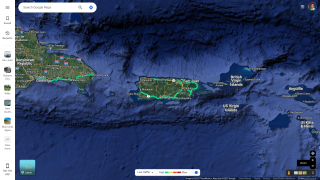

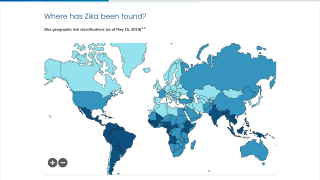
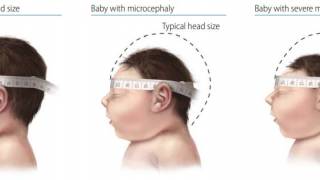

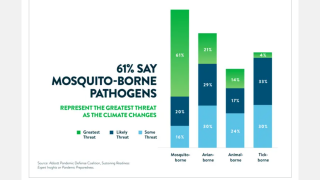
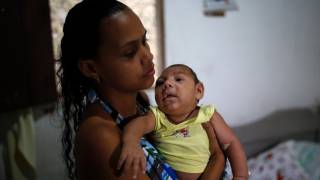
.jpg)
